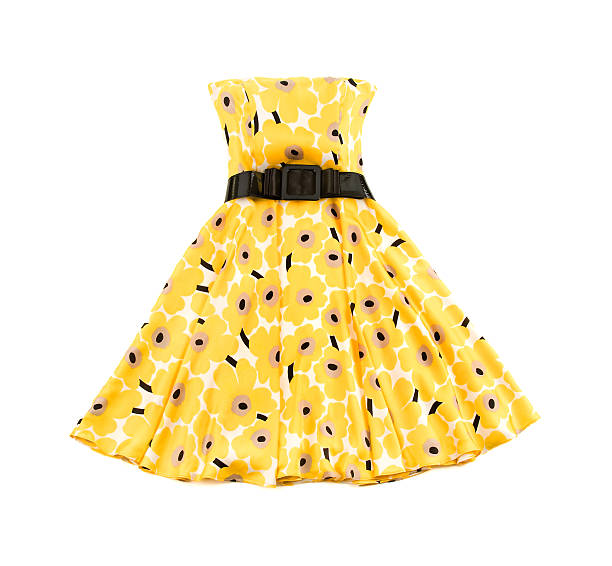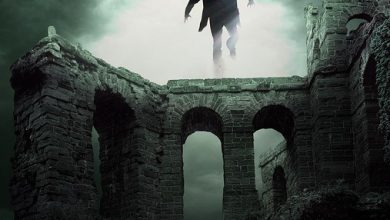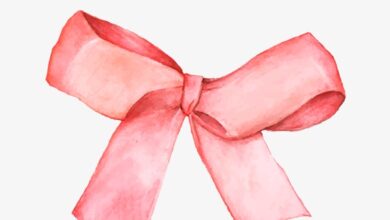
The New Dress by Virginia Woolf is a short story written in the third person, focusing on the main character, Mabel. Though the narrator is unnamed, the readers are able to see directly into Mabel’s line of thought. Her mindset is described through clever analogies and narrations, and minute dialogues and interactions also lead us to understand her character. Woolf uses imagery, symbolism and imagery to draw the readers in. Further, there is the apt use of comparison and analogy. The various flashbacks Mabel has- thinking back to her family, as well as her time in Miss Millan’s shop getting her dress fitted, provides an interesting contrast between her feelings in the past and in the present moment. The main themes of this story are social class, loneliness, poverty, and insecurity.
The New Dress | Summary
The story begins with a forty-year-old woman named Mabel arriving at a party and removing her cloak. She has an ominous feeling that something is not quite right. She hurries to a quiet corner and checks the mirror, only to feel extremely dissatisfied by her appearance. She immediately feels insecure, imagining that the others at the party are eyeing her with contempt. She feels inferior and shabby as she thinks about her dress and her house in comparison to everyone else.
When she first got the invitation, she knew she would not be able to afford anything particularly fancy. However, she decided to style herself in a unique manner from her mother’s old Paris fashion book. At the time, she was overflowing with self-love, but now she regrets it greatly and is unable to look at the mirror. The fashionable Rose Shaw tells Mabel she looks charming, but Mabel feels that she is being insincere. Mabel likens herself to a fly on the wall, watching the other flies- guests- at the party, and while she is a mere housefly, they are all dragonflies and butterflies.
Mabel harshly criticizes herself and her dress, catching Robert Haydon’s attention- he quickly reassures her, albeit hastily, that she looks fine. For a moment, she thinks of her seamstress, Miss Milan, and the joy that rushed through Mabel’s heart when she glanced at herself in the dress back in the room. She thinks of Miss Milan’s hard work to stitch the dress. And then she is snapped back to the reality of the party, where she does not think she fits in and is frustrated at herself for worrying so much over others’ opinions.
She once again voices her displeasure, caught by someone named Charles. And rather than placating her, he responds mockingly, which lowers her confidence even more. Mabel’s mind wanders to her family and their background- relatively poor in comparison to the setting she is in at the party. She feels like an ordinary wife, a weak mother. In this whirlwind of emotions, Mabel comes to a resolve- she wants to change, she wants to become like a new person. She would head to the library, or the Strand, and come out a transformed woman- one who did not care about clothes or about what others thought of her.
Finally, she gets up, waving to Charles and Rose to show them they mean nothing to her. She thanks the hostess for the party and assures her she had a good time. However, she knows this is a lie. Politely declining the invitation to stay longer, Mabel wears the Chinese cloak she has had for twenty years and leaves the party early.
The New Dress | Analysis
From the very beginning of the story, we can see that Mabel is intensely aware of her surroundings- the setting, the people, what they are wearing, and so forth. This adds to her insecurity, as her self-esteem immediately drops when she realizes that her dress does not fit in with what the others are wearing. Their clothes are more exquisite, something which she cannot afford. It is interesting to note that she often thinks about her dress and her life and personality in parallel. After commenting about how shabby and downy she looks compared to others, she thinks about her status as “a weak mother” and a wife. She seems to link these two things- the supposed dullness of her dress with the dullness of her personality.
This leads us to a possible indirect comparison made by Woolf. Rather, we may say that Mabel’s new yellow dress symbolizes her personality. While the dress was being fitted by Miss Millan, Mabel was overflowing with joy and excitement. She felt unique and special and was excited to receive the final product. This is in relation to the color of the dress, as yellow often signifies brightness and happiness. However, when Mabel attends the party, her confidence drops. She feels like all eyes are on her and everybody is mocking her poverty. This is symbolized by the fact that the dress is different from everybody else’s.
It is also important to think about how much of the scenario was simply in Mabel’s mind- did Rose really mock her? Was Robert Haydon’s hastiness because of her dress or out of the surprise of her words? This entire story focuses on Mabel’s innermost feelings, hence we as readers view everything from a biased lens. We see the party and interaction through Mabel’s mind, rather than objectively. This fact highlights how much one’s insecurities and fears can influence the reality of a situation. It is possible that while everyone in the party was dressed better, nobody truly paid Mabel’s dress much heed. However, due to Mabel’s high guard, it felt like they did.
This is brought to life by Woolf’s analogy between the party-goers and flies. Mabel describes herself as a “fly on the wall”, which is a metaphorical explanation of feeling like an outsider looking in. This brings in the theme of social isolation and loneliness. Mabel feels lonely because she cannot fit in – rather than mingling with the crowd, she feels more comfortable watching from the dark shadows in the sidelines. She likens herself to an ordinary housefly, which implies the inferior way she views herself, and compares the other, more extravagant members as beautiful dragonflies and butterflies. Here, we see the theme of wealth and class difference. The extraordinariness of dragonflies and butterflies in comparison to the housefly symbolizes the visible difference between the rich and poor, suggesting that a housefly like Mabel cannot possibly mingle with the likes of the higher class- after all, she even looks different.
When Mabel thinks about her past, the readers may understand that the insecurities have been present for a long time, but only came to fruition in such social situations. She blames the poverty of her upbringing for the current situation and feels envious of others such as Rose. Her constant frustrated remarks seem to be for two purposes- one is to make it clear to those around her that she does not find her dress pretty, for she does not want them to question her taste. The other may be to hear some positive words and reassurances. Though she gets such reassurance, she views it through a guarded lens, and hence it comes across insincere- this only makes her confidence drop lower.
We see her mind flashing between Miss Millan’s workroom and the party. The difference between Mabel’s attitude while in her comfort zone and when she’s in an unfamiliar social gathering is evident. In the workroom, she was flowing with self-love and confidence, which disappears in the presence of others. Here, we see an important element which Mabel addresses herself: getting affected by the opinions of others. Mabel is far too wary of what others may think of her, which is what diminishes her earlier confidence. We see a conflict between two sides of Mabel’s personality- one who wishes to start afresh and be stronger and happier, and the other who is limited by the unease she feels in the presence of wealthier people.
Mabel leaving the party early, wearing her cloak of twenty years, could provide a ray of hope. She waves off Rose and Charles as she leaves, the first act of nonchalance we see from her. It is also important to note that people often vie for invitations to social gatherings, especially of the wealthy, yet she is leaving early despite receiving a direct invitation. We may see it as a subtle act of individuality and courage, a flash of self-realization that she does not have to put herself through uncomfortable situations for the sake of reputation. She is breaking away from others’ opinions and views of her and finally acting for herself. Further, the fact that she is wearing her old cloak, the same as usual, may symbolize that certain things cannot change so easily. This is her life, and it is up to her to make the best of it.



